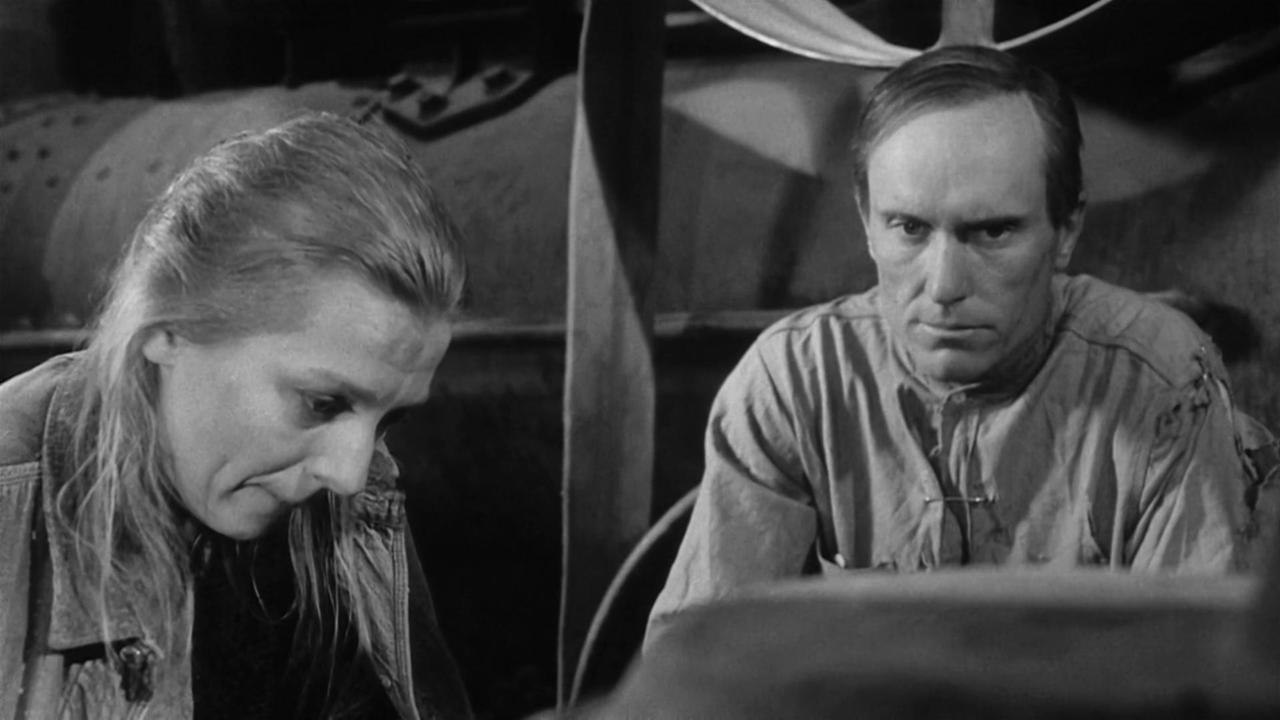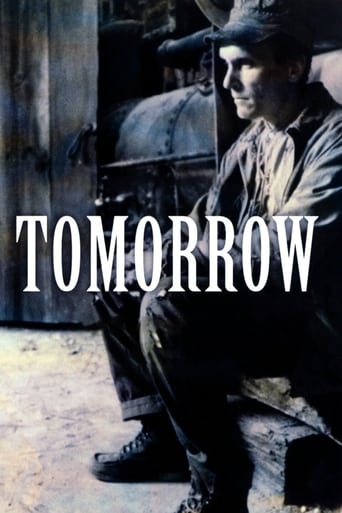Phonearl
Good start, but then it gets ruined
Tedfoldol
everything you have heard about this movie is true.
Afouotos
Although it has its amusing moments, in eneral the plot does not convince.
Glucedee
It's hard to see any effort in the film. There's no comedy to speak of, no real drama and, worst of all.
BasicLogic
Suppose this boy stayed with Fentry and grew up in his cotton farm, lived a simple and true life like Fentry himself and Fentry's father, the kid would have grown up a decent person and helped Fentry and later inherited the farm. But the fate didn't turn out like this, the bloodline and legal right enforced Fentry to give up the kid to a bunch of low lives of the Thorpe family, and later changed the boy to a worse and bad person, a rascal and a thief, then died from gun shot from a girl's father, when he tried to lure the daughter to elope with him.What a sad story. Fate is really a bitch that she never gives a darn to we folks.The only thing that I didn't quite get it is when the young boy was young, he was a bleach blond, yet when later showed when he was killed, his hair was dark brown or even in black. Could a blond kid when he grew up, his hairs would change into complete dark brown or even black? If the answer is no, then, the director and the producer(s) of this film did a careless job, making a film with one bad flaw.Anyway, Faulkner's stories are always like this dark and hopeless with lot of dirt poor illiterate folks in the deep South. I was told until today, such situation never changed, folks over there are still poor beyond imagination. Is America a really rich and developed country? I doubt it.
jimbyrd-143-948957
I grew up in the 40's & 50's in the Ozarks in the proximity of people like this. The accent and elocution was right on for many of the dirt poor of the Ozarks and probably for Mississippi. I think shooting it in black and white added to its poignancy. The wardrobes were also right on. As a child riding the school bus, I remember fellow bus riders who had dirt floors in their shacks or dirt berm homes and then one rider whose father had an airplane close to their large house. It was almost a surreal experience, but it was real as this movie could have very well been real. Faulkner reminded me of O'Henry when it comes to a great short story.
dswift
What zetes said. The movie is on TMC right now, chugging away in all earnestness, well-meaning and clueless as how to show really real reality. The directing all artsy lugubriousness. It's a mashup of the latest (as of 1972) method acting chops, 50s lung-heaving melodrama and trendy Euro bleakness. Nobody behaves the way people so in this film. No one, backwoods or anywhere, talks in one halting monotone and walks only at one lumbering speed. Real humans speed up, slow down, cheer up, pipe down, loosen up, get down. Maybe Tomorrow is a useful Before/After teaching tool. Duvall shows fearlessness, eagerly wrapping his glottis around some stupid Hollywood-hick accent. It's the fearlessness he would use to be among that exclusive crew who, in a way, solved Actor's Pi. They finally found the near-mystical ability to transform themselves on screen at what seems like the DNA level.
longrifles
This is an incredible film. Not only is it a near perfect visualization of something quite complex, the Faulkner literary style, but it shows Robert Duvall to be the genius that he is. His style is so understated that you might not realize that he is one of the two or three greatest actors alive, but this film will nail that reality home for you. "Tomorrow" is a heartbreaking story set in the deep south a generation after the Civil War, and the tiny sad tale of a man and a woman and their child. It is a tale of profound love felt by people who cannot eloquently express themselves in words due to their social circumstances, but speak volumes with their actions. And so does the film. Shot in a very modernist style, there are long pauses, long glances, uncomfortable silences, all just like real life. And the effect, in this case, is brilliant. I am proud to say that I have, in my life, known a few people like the people in this film, and I can tell you that the portrayals are precisely right. The costumes are flawless in their detail. (Duvall's shirt is held shut with a safety pin, a tiny detail that my grandmother noticed immediately as the way men used to do it when the button fell off - she saw it hundreds of times as a girl in the 20's.) I could go on and on, but if you have any interest in Faulkner, or the South, or post Civil War culture, or the human condition in its most effecting moments, you really owe it to yourself to see this little gem of a movie. You absolutely will not be sorry.

